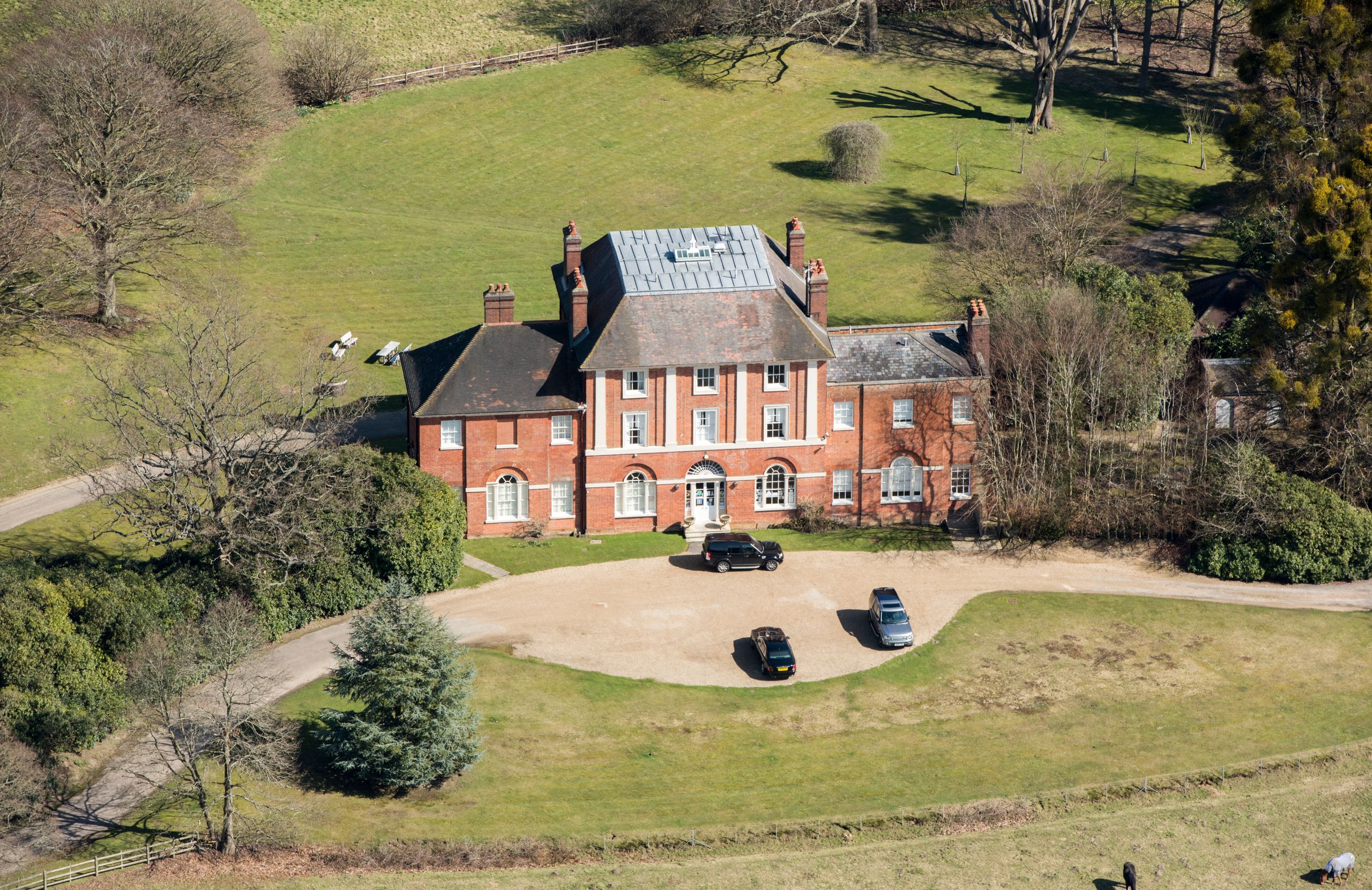
Introduction
The Yukon Territory, located in northwestern Canada, is a region rich in natural beauty, cultural heritage, and adventure. Known for its rugged landscapes, abundant wildlife, and the historic Klondike Gold Rush, Yukon attracts tourists and outdoor enthusiasts from around the globe. With its stunning national parks, diverse Indigenous cultures, and a wealth of outdoor activities, Yukon holds significant importance not only for Canada’s geography but also for its cultural tapestry.
A Landscape of Natural Wonders
Yukon’s diverse terrain ranges from majestic mountains and pristine lakes to vast tundra. One of the most notable features is Kluane National Park and Reserve, home to Canada’s highest peak, Mount Logan. This UNESCO World Heritage site boasts glaciers, wildlife, and hiking trails that offer breathtaking views. In recent years, the park has seen an increase in visitors, highlighting the growing interest in eco-tourism and adventure travel.
Cultural Mosaic: Indigenous Heritage
Yukon is home to several Indigenous groups, each with their own rich traditions and stories. The Tlingit, Kwanlin Dün First Nation, and Tr’ondëk Hwëch’in offer visitors a chance to learn about their history, art, and lifestyle. Cultural centres and events, such as the Yukon International Storytelling Festival, attract both locals and visitors, fostering a deeper understanding of the province’s heritage. Recent efforts have focused on preserving and sharing Indigenous languages, which are integral to cultural identity.
Adventures Await: Activities in the Yukon
With long summer days and spectacular winter nights, Yukon provides a plethora of activities throughout the year. In the summer, visitors can enjoy hiking, canoeing, and fishing in its glistening lakes and rivers. The winter months bring opportunities for dog sledding, ice fishing, and witnessing the magnificent Northern Lights. In 2023, Yukon has also seen a rise in self-guided tours popular among visitors who seek to explore at their own pace while embracing the stunning wilderness.
Conclusion
Yukon is a dynamic destination that offers both natural beauty and cultural depth, making it an essential part of Canada’s identity. As interest in sustainable travel and cultural experiences grows, Yukon’s unique offerings and untouched landscapes are likely to attract even more international visitors in the coming years. For anyone looking to immerse themselves in nature and learn about Indigenous cultures, Yukon truly represents an untamed frontier just waiting to be explored.
You may also like

Discovering the Beauty and Culture of Norway

Exploring the Unique World of Laos Hornets

Exploring Forest Lodge Windsor: A Hidden Gem in Nature
SEARCH
LAST NEWS
- Remembering Wendy Richard: The Promise to Co-Star Natalie Cassidy
- How Did Anglian Water Achieve an ‘Essentials’ Rating for Mental Health Accessibility?
- Shai Hope Leads West Indies in T20 World Cup Clash Against South Africa
- What We Know About Weston McKennie: Future at Juventus and Past at Leeds
- What We Know About the Upcoming Live Nation Antitrust Trial